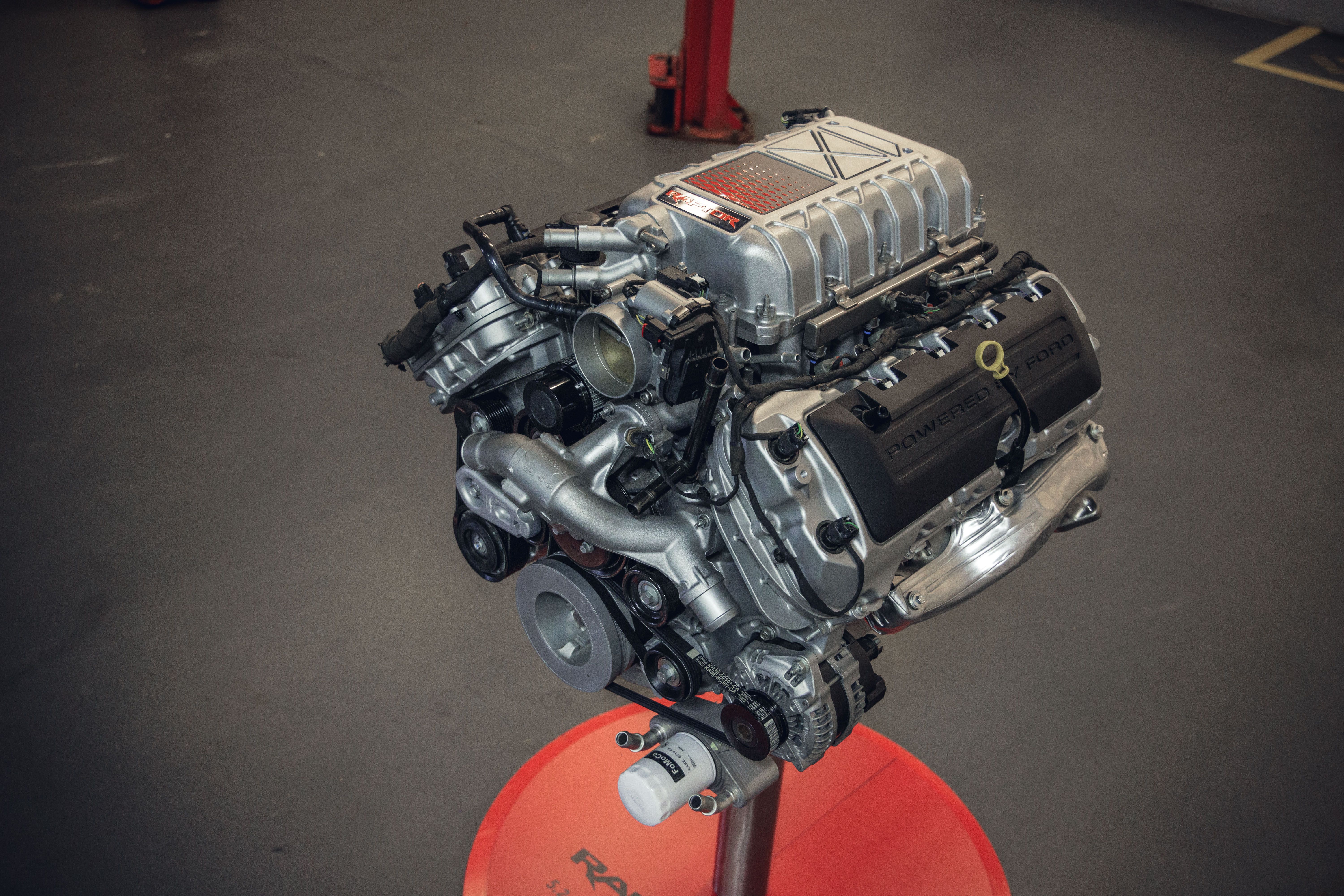Engines for Africa: Your Ultimate Automobile Parts Store for High Quality Auto Components
The Influence of Innovative Engine Technologies on Power Efficiency and Environmental Sustainability
In the realm of transport and industrial machinery, the constant mission for boosted power efficiency and reduced environmental influence has led to substantial advancements in engine innovations. From the progressive change in the direction of hybrid and electric systems to the combination of turbocharging for boosted effectiveness, the landscape of engines is advancing swiftly.
Development of Engine Technologies
The progression of engine technologies over the years has actually been noted by constant advancement and refinement in quest of boosted performance and efficiency. From the very early days of interior combustion engines to the innovative hybrid and electrical powertrains of today, the advancement of engine technologies has actually been driven by a ruthless mission for improved fuel efficiency and minimized exhausts.
One considerable turning point in this evolution was the development of turbocharging and direct injection systems, which substantially boosted engine power outcome while boosting fuel performance. These innovations permitted smaller, much more lightweight engines that might deliver the performance of larger ones without endangering on effectiveness.
Moreover, innovations in materials scientific research have caused the prevalent adoption of light-weight materials such as aluminum and carbon fiber in engine building. This has not just lowered general automobile weight yet has actually additionally improved engine efficiency by reducing power losses connected with inertia and rubbing.
Benefits of Electric and Hybrid Equipments
With the expanding focus on sustainability and energy effectiveness, what advantages do electric and hybrid systems offer in the world of engine technologies? Electric and hybrid systems present countless benefits that add to a more energy-efficient and sustainable future. One of the primary advantages is the substantial decrease in greenhouse gas emissions contrasted to typical internal combustion engines. Electric automobiles create no tailpipe emissions, resulting in enhanced air top quality and minimized environmental effect. In addition, hybrid and electric systems are much more energy-efficient, converting a higher percent of kept energy right into propulsion contrasted to traditional engines. This performance leads to lower energy usage and operating expense over the lorry's life time. Electrical lorries provide regenerative stopping systems that store and record power normally lost throughout stopping, even more improving energy effectiveness (engines for africa). Crossbreed systems combine the benefits of electrical propulsion with the versatility of a combustion engine, providing extended driving ranges and decreasing variety stress and anxiety for consumers transitioning to electrical automobiles. In general, hybrid and electrical systems play a crucial duty beforehand power efficiency and environmental sustainability in the transport market.
Turbocharging for Improved Performance
Cutting-edge engine innovations like hybrid and electrical systems have paved the method for innovations in vehicle efficiency, with turbocharging arising as a vital technique for enhancing total performance and sustainability. Turbocharging works by utilizing a turbine to compel even more air right into the combustion chamber, permitting better gas burning and increased power outcome without a significant boost in engine size. This procedure, referred to as forced induction, enables smaller sized, a lot more fuel-efficient engines to create power levels equivalent to bigger ones. By optimizing the performance of the burning procedure, turbocharged engines can achieve enhanced gas economic climate and lowered emissions, contributing to environmental sustainability. In addition, turbocharging enhances engine responsiveness, supplying motorists with an extra vibrant driving experience. The widespread adoption of turbocharged engines in both fuel and diesel automobiles shows their efficiency in stabilizing efficiency, efficiency, and ecological influence. As vehicle producers continue to refine turbocharging technology, its duty in advertising energy effectiveness and sustainability in the transportation sector is anticipated to grow even more.
Taking Advantage Of Alternate Gas
Harnessing different gas offers an encouraging method for decreasing carbon exhausts and branching out the energy sources made use of in transportation. As the globe makes every effort to fight climate adjustment and decrease reliance on nonrenewable fuel sources, alternative fuels have obtained considerable interest for their prospective environmental and economic advantages.
Biofuels, such as ethanol and biodiesel, are originated click this link from sustainable sources like sugarcane, corn, and algae, using a cleaner burning option to typical gasoline and diesel. These fuels can be combined with existing petroleum fuels or utilized in specialized engines, giving a path to reduced greenhouse gas emissions and enhance air quality.
Moreover, hydrogen gas cells have actually arised as a promising innovation for zero-emission transport. engines for africa. By transforming hydrogen gas into power to power electric motors, fuel cell vehicles produce just water vapor as a byproduct, eliminating hazardous tailpipe emissions totally
Along with decreasing carbon emissions, alternative fuels can likewise boost power protection by expanding the gas mix and minimizing dependence on imported oil. Welcoming alternative gas in transport is a vital step in the direction of achieving a much more environmentally pleasant and sustainable future.

Ecological Benefits and Future Leads
The environmental benefits of alternative fuels and their possibility for lasting sustainability are essential considerations in the shift in the direction of cleaner energy resources. Different fuels, such as biofuels, hydrogen, and electrical power, deal substantial environmental benefits contrasted to conventional fossil fuels. These gas generate reduced degrees of greenhouse gas exhausts, reducing air contamination and mitigating climate adjustment influences. Furthermore, different fuels can check my site help branch out energy sources, improving energy safety and minimizing dependence on finite sources.
The future leads for alternative fuels in the transport sector are promising. Improvements in modern technology remain to improve the performance and price of alternative fuel automobiles, making them a lot more obtainable to consumers. Governments worldwide are also applying policies to incentivize the adoption of alternate fuels, further driving their development. As r & d efforts broaden, the possibility for even greener and more sustainable gas alternatives increases, leading the means for a cleaner and a lot more eco-friendly transportation industry. By accepting alternative gas and innovative modern technologies, the course towards an extra sustainable future comes to be progressively achievable.

Final Thought
In conclusion, innovative engine modern technologies have played a critical function in enhancing power performance and promoting environmental sustainability. The development of engine innovations, fostering of electric and hybrid systems, usage of turbocharging, and expedition of different fuels have all added to raising and decreasing discharges efficiency.
In the world of transport and industrial machinery, the continuous pursuit for enhanced energy effectiveness and lowered ecological effect has led to significant developments in engine modern technologies. Turbocharging jobs by making use of a generator to force more air into the burning chamber, check out here allowing for better fuel burning and boosted power output without a significant boost in engine size. By maximizing the effectiveness of the combustion procedure, turbocharged engines can attain enhanced fuel economy and lowered exhausts, contributing to environmental sustainability. Alternative fuels, such as biofuels, hydrogen, and power, deal significant ecological benefits contrasted to typical fossil gas. The advancement of engine innovations, adoption of electrical and hybrid systems, application of turbocharging, and exploration of alternate fuels have all added to lowering discharges and increasing effectiveness.